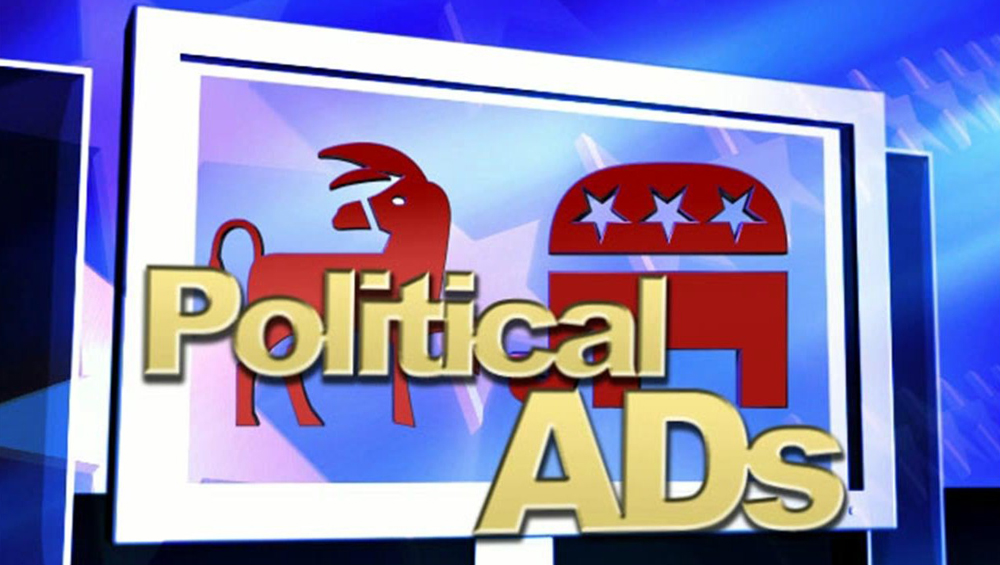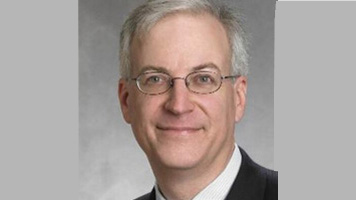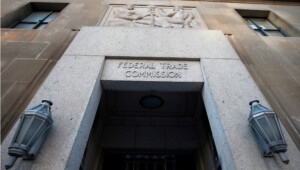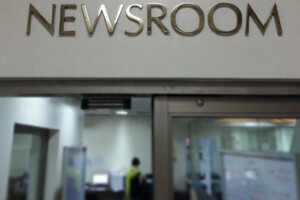An Updated Political Broadcasting Guide

2020 will no doubt be a very active year for political advertising. To help broadcasters sort out the confusing rules they need to follow in connection with such advertising, Broadcast Law Blog has updated its Political Broadcasting Guide for Broadcasters. The revised guide is much the same as the one that we published two years ago, formatted as Questions and Answers to cover many of the issues that come up for broadcasters in a political season. This guide is only that – a guide to the issues and not a definitive answer to any of the very fact-dependent legal issues that arise in election season. But we hope that it at least provides a starting point for the analysis of issues, so that station employees have a background to discuss these matters with ad buyers and their own attorneys.
Jessell | Let’s Make The Partial FCC Shutdown Permanent

Eventually, Congress or the White House is going to cave and the FCC will be back to its old self. That’s too bad. Wouldn’t it be nice if the shutdown of some pointless and counterproductive broadcast regulations were permanent?
Political Season Concerns For Stations
Here’s a rundown of what stations should be thinking about now, before the lowest unit rate windows open.
The Federal Election Commission has quietly given the green light to federal candidates who want to solicit contributions for super PACs by meeting in small groups — so small that there can be just two other people in the room. In addition, the little-noticed advisory opinion gives permission to a candidate’s campaign consultant and other aides to solicit large donations for a super PAC, as long as they make clear that they are not making the request at the direction of the candidate.
Political Issues Stations Need To Consider
With the broadcast and cable news (and the monologues of TV talk show hosts) already dominated by discussions of the 2016 elections, broadcasters thoughts may be turning to that election and the expected flood of money that may come into the political process. We are, after all, only two months away from the first ballots in Iowa and New Hampshire. But dreams of big political spending should not be distracting broadcasters from thinking about their obligations under FCC rules and the Communications Act, and from making plans for compliance with those rules.
Political Broadcasting Update Part 3: Access
 Reasonable access requires broadcasters to make reasonable amounts of time available to candidates for federal office — in all classes and dayparts on all commercial broadcast stations. With the expected onslaught of political advertising coming up in most battleground states, stations fearful of having to devote all of their commercial time to election advertising wonder just how much time is reasonable?
Reasonable access requires broadcasters to make reasonable amounts of time available to candidates for federal office — in all classes and dayparts on all commercial broadcast stations. With the expected onslaught of political advertising coming up in most battleground states, stations fearful of having to devote all of their commercial time to election advertising wonder just how much time is reasonable?
Political Broadcasting Update, Part 2
Now that we are in the political window, we’re doing a series on the basics of the FCC’s political broadcasting rules. On Monday, we covered lowest unit charges. Today’s topic is equal opportunities. Many think of this as a straight-forward issue — just requiring that you provide equal time to competing candidates. But the nuances are what makes equal opportunities much more complicated.
The Basics of Lowest Unit Charges
Now that the Democratic and Republican conventions are over and the candidates begin the final sprint to the Nov. 6 elections, the political broadcasting season goes into overdrive. Effective last Friday, lowest unit rates are in effect. In this year, which will probably break all records for political spending, is your station ready to comply with all of the political rules?
Texas Court Decision Moves LUC Dates
A federal court in San Antonio has rescheduled the state’s primary elections, moving them back nearly two months, from April 3 to May 29, with runoff elections, if necessary, on July 31. Under the FCC’s political broadcasting rules, candidates for federal office are entitled to lowest-unit-charge (LUC) rates during a window of 45 days before a primary or primary runoff. So Texas broadcasters who might have thought that their LUC period had already been set have another think coming.
WOI Within Rights To Reject Colbert PAC Ad
Advertising from Stephen Colbert’s Super PAC was rejected by Citadel’s Des Moines, Iowa, ABC affiliate, based on its belief that these commercials would be confusing to Iowa voters. Are there legal issues with the station deciding not to run these ads? Not at all.









































